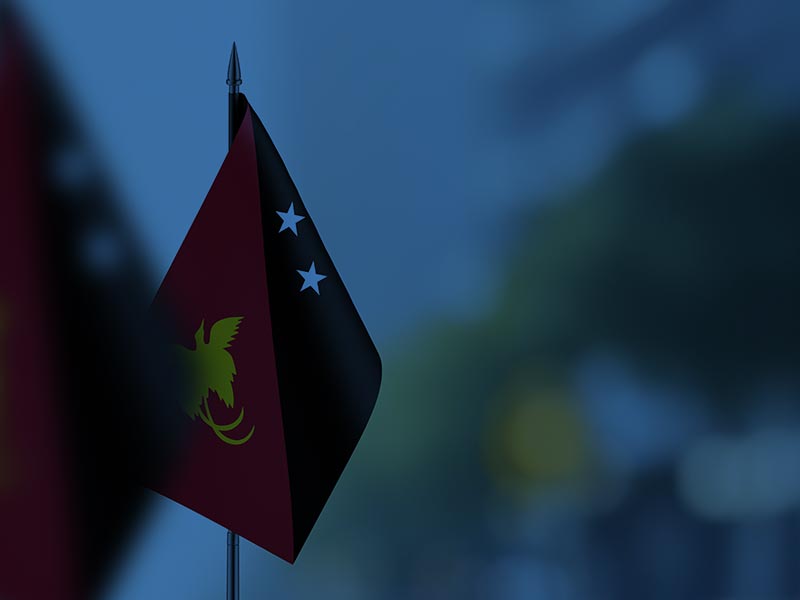Papua New Guinea (PNG) is home to over 800 languages, making it one of the most linguistically diverse countries in the world. This extraordinary variety accounts for nearly 12% of the world’s languages, with a population of around 9 million people. The languages are primarily divided into two groups: Austronesian and Papuan.
Austronesian languages, found mainly in coastal regions, include widely spoken languages like Tolai and Motu. These languages typically feature simpler grammatical structures, often adhering to a subject-verb-object (SVO) word order. Hiri Motu, for example, was developed as a trade language and is characterized by its accessibility.
In contrast, Papuan languages, predominantly spoken in the interior highlands, are highly diverse and do not belong to a single family. Languages such as Enga and Huli exhibit complex grammatical systems, including intricate verb conjugations and multiple noun classes. Some Papuan languages are also tonal, where pitch variations can change word meanings.
Additionally, Tok Pisin, a creole language derived from English, serves as a lingua franca and one of PNG’s official languages. While it simplifies many aspects of English, it incorporates indigenous vocabulary, reflecting the country’s rich cultural tapestry and linguistic heritage.
Related Articles
The History of the Ferris Wheel—A Ride to Remember
The Ferris wheel, a beloved symbol of amusement parks, has its origins in a bold vision to rival the Eiffel Tower. Engineer George Washington Gale Ferris Jr. designed the first Ferris wheel for the...
The Magnetic Poles—Earth’s Invisible Guardians
Earth’s magnetic poles are crucial to life on the planet, but their dynamic and mysterious nature makes them a fascinating subject of study. Generated by the movement of molten iron in Earth’s outer...
The Printing Press—The Machine That Changed the World
The printing press, invented by Johannes Gutenberg in the 1440s, is widely regarded as one of the most transformative innovations in human history. Before its invention, books were laboriously...





